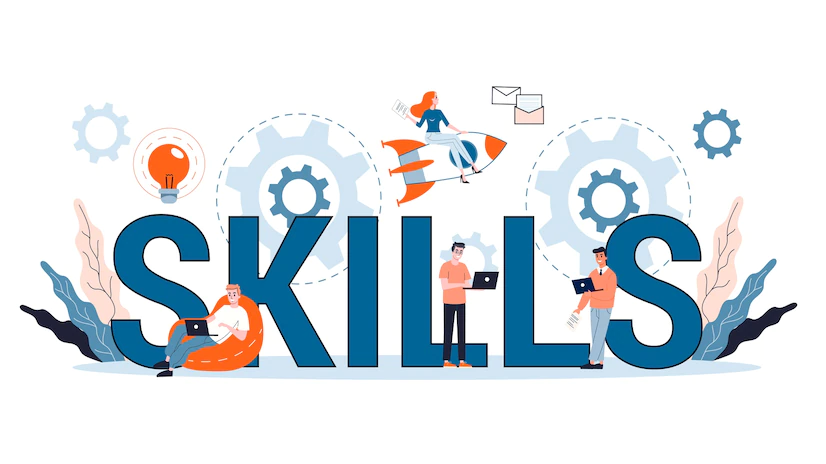
Skills are in, degrees are passe in a dynamically changing world
“There will be fewer and fewer jobs that a robot cannot do better” ~ Elon Musk
Rapid advancement in technology has rendered many vocations obsolete. Switchboard operators, typesetters, leech collectors and compounders no longer exist. It is predicted that in the next 10 years, newspaper delivery, postal worker, retail cashier and many other job categories will also disappear.
Just as jobs are being phased out, new ones are being created. People hardly knew about artificial intelligence (AI) half a century ago. Today, data sciences (of which AI is a subset) are gaining popularity as employment options. By extension, present schoolchildren will be in jobs that don’t exist yet.
With scant knowledge of what future roles demand, can we be sure that the technical skills taught in universities today will be relevant and sufficient for tomorrow? A big NO.

Why university education falls short
The world is changing fast, and revolutionary technologies are emerging rapidly. Universities are unable to incorporate the required education into their curricula at the same rate.
Plus, work dynamics are also changing. Our parents and grandparents stuck to the same job (they called it “job security”) all their working lives. They worked a strict 9-to-5 schedule. On the other hand, we have jumped from job to job and are now working flexi hours.
Lately, it’s all about remote working, freelancing and contract jobs, otherwise known as gigs. Gig workers depend on self-discipline, self-management, creativity and a growth attitude among others to be able to sustain themselves in the market. But these are not university-taught skills.
Like gig workers, employees too need to have a mix of technical knowledge and soft skills to navigate their complex workplace. Problem-solving, effective communication, a collaborative mindset, teamwork, etc. are as vital to success as knowing how to code.
Another critical element to consider is that the current half-life of a talent is only five years. This means that you must constantly upgrade your skills in order to remain relevant.
This raises an intriguing question: If universities don’t teach these skills, from where can individuals learn them? Fortunately, non-traditional teaching modes that offer courses to augment university education have sprung up.
MOOCs (massive online open courses) have risen in prominence in recent years and an increasing number of people are taking their courses for a fee. Businesses are also taking Coursera or Udacity seriously.
Preparing for the future
“Knowledge is the understanding of what, how and why we need to do something. Skill is applying that knowledge in a practical situation…” — Bill Capodagli
The most effective way to prepare for an unknown future is to become a lifelong student and be flexible—this is the advice that world leaders give students.
The motto to live by is “learn, unlearn, and relearn.” There is no doubt about it: education does not end with college. It started in school and will never end—this is the mindset to adopt.
Companies like Apple and Google realise that a person’s potential is not determined by his or her university education and that there is a significant knowledge-skill divide that university education alone does not bridge. Plus, corporates trying to fill the gap is an expensive prospect, especially now with the MOOC model available. Therefore, these companies have embraced the concept of skill-based hiring.
Does this imply that attending university is a waste of time and money? Certainly not. Soft skills augment technical skills; they do not replace them. So, while a college diploma is advantageous, it is not adequate.
Apart from being able to complete tasks swiftly, it is critical to grasp how to deal with the market’s complexities and the changing economy. This is where college education and soft skills come into play.
After all, isn’t it true that opportunities knock on the doors of those who never stop learning? Besides, having a variety of career options is always a smart idea, right?